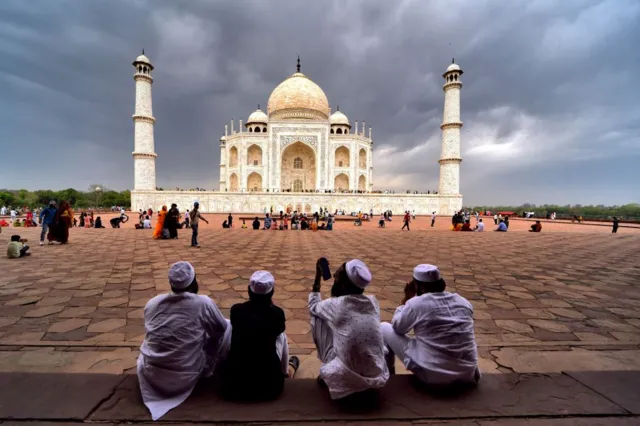Invisible in our own country': Being Muslim in Modi's India

Six years ago, a Muslim boy returned red-faced from a well-known school in the northern Indian city of Agra.
"My classmates called me a Pakistani terrorist," the nine-year-old told his mother.
Reema Ahmad, an author and counsellor, remembers the day vividly.
"Here was a feisty, little boy with his fists clenched so tightly that there were nail marks in his palm. He was so angry."
As her son told the story, his classmates were having a mock fight when the teacher had stepped out.
"That's when one group of boys pointed at him and said, 'This is a Pakistani terrorist. Kill him!'"
He revealed some classmates had also called him nali ka kida (insect of the gutter). Ms Ahmad complained, and was told they "were imagining things… such things didn't happen".
Ms Ahmad eventually pulled her son out of school. Today, the 16-year-old is home-schooled.
"I sensed the community's tremors through my son's experiences, a feeling I never recall having in my own youth growing up here," she says.
"Our class privilege may have protected us from feeling Muslim all the time. Now, it seems class and privilege make you a more visible target."










Comments